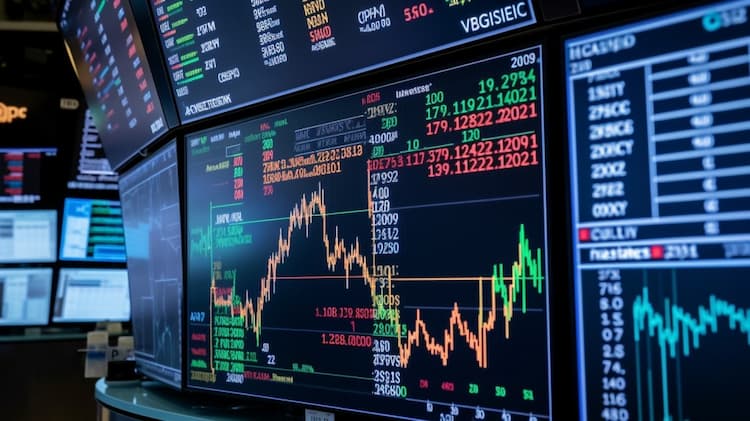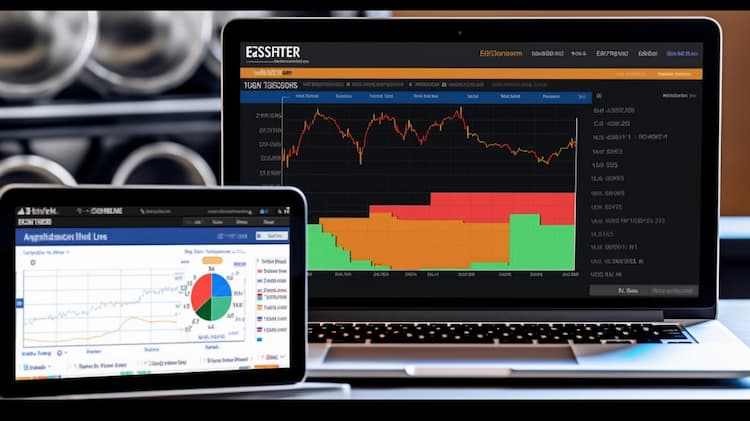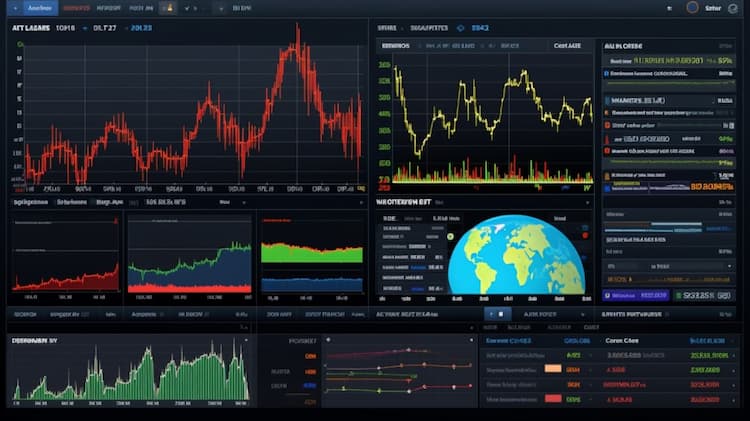
FDN VS ROBO
Exchange-Traded Funds (ETFs) have become a cornerstone of modern investment strategies, offering diversification and exposure to various sectors and asset classes. In this article, we will conduct an in-depth analysis of two popular ETFs: FDN (First Trust Dow Jones Internet Index Fund) and ROBO (ROBO Global Robotics and Automation Index ETF). We will explore their ETF tickers, full names, issuers, sectors, top holdings, capitalization, investment strategies, tracking methods, and exposure.
FDN Vs ROBO: Overview
FDN and ROBO are two distinct ETFs that cater to different sectors of the market. FDN is designed to track the performance of companies in the internet industry, while ROBO focuses on the robotics and automation sector. This fundamental difference shapes their exposures, risk profiles, and potential returns, all of which we will delve into further.
FDN Vs ROBO: Sectors and Top Holdings
The FDN ETF comprises companies that are at the forefront of the internet revolution, including giants like Amazon, Facebook, and Netflix. On the other hand, ROBO invests in firms involved in robotics, automation, and artificial intelligence, such as Intuitive Surgical, Nvidia, and ABB. Understanding the sectors and top holdings of these ETFs is crucial for investors seeking alignment with their investment goals and risk appetite.
 FDN overlap FDN VS ROBO
FDN overlap FDN VS ROBO
FDN Vs ROBO: Capitalization and Investment Strategy
With a significant asset under management (AUM), FDN demonstrates its popularity among investors who seek exposure to the booming internet industry. ROBO, with its unique focus on robotics and automation, presents a distinctive investment strategy. The variance in capitalization and investment approach between these two ETFs creates different opportunities for potential gains and risks, demanding careful consideration from investors.
FDN Vs ROBO: Tracking and Exposure
FDN aims to replicate the performance of the Dow Jones Internet Composite Index, composed of prominent internet-related companies. ROBO, on the other hand, tracks the ROBO Global Robotics and Automation Index, which includes firms engaged in various facets of robotics and automation. The diverse tracking methodologies of FDN and ROBO translate into contrasting exposures and performance metrics, underscoring the importance of comprehending these distinctions.
Conclusion
In the world of ETFs, FDN and ROBO stand as unique vehicles offering specialized exposure to specific industries. If you're keen on delving deeper into their holdings, correlations, overlaps, and other valuable insights, ETF Insider is an invaluable tool to consider. This user-friendly app provides extensive information on these ETFs and other financial instruments, empowering investors with the knowledge they need to make informed decisions.
Disclaimer: This article is intended for informational purposes only and does not provide any investment advisory services.
Sources:
First Trust Dow Jones Internet Index Fund (FDN) Overview - https://www.ftportfolios.com/Retail/Etf/EtfSummary.aspx?Ticker=FDN
ROBO Global Robotics and Automation Index ETF (ROBO) Overview - https://www.roboglobaletfs.com/etf/ROBO
Bloomberg - https://www.bloomberg.com/
Yahoo Finance - https://finance.yahoo.com/
FAQ
Why is FDN better than ROBO?
FDN may be considered better than ROBO for some investors due to its specific focus, offering diversification.
Does ROBO beat FDN?
ROBO's performance relative to FDN will vary over time, depending on market conditions.
Should I invest in FDN or ROBO?
The choice between FDN and ROBO should align with your investment goals, risk tolerance, and desired exposure.
Are FDN and ROBO good investments?
Both FDN and ROBO can be suitable investments depending on individual investment strategies, goals, and risk profiles.
What is the correlation between FDN and ROBO?
The correlation between FDN and ROBO can vary over time, reflecting differences in performance.

























